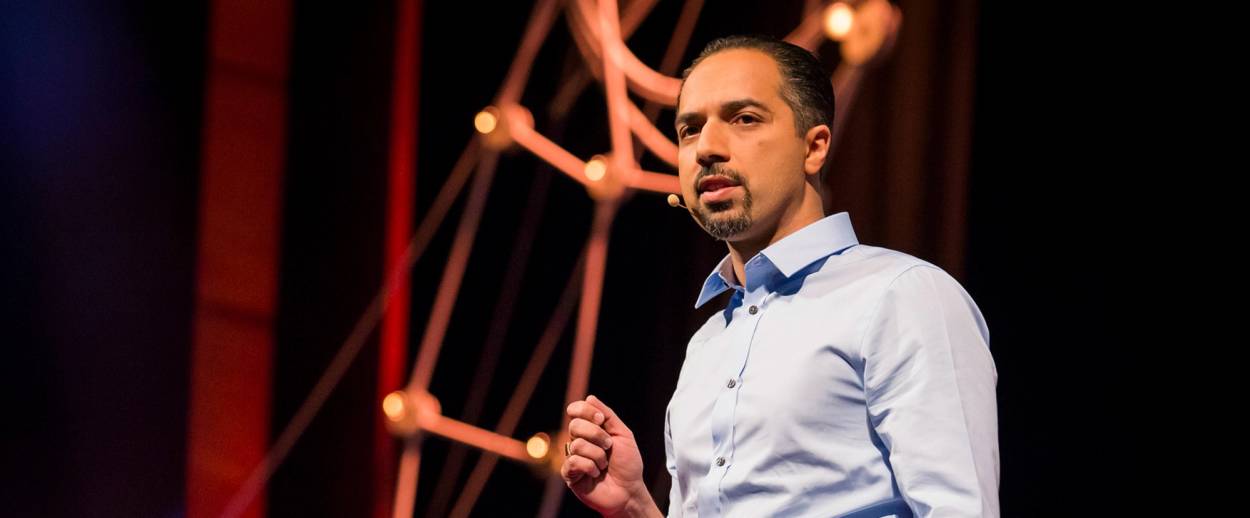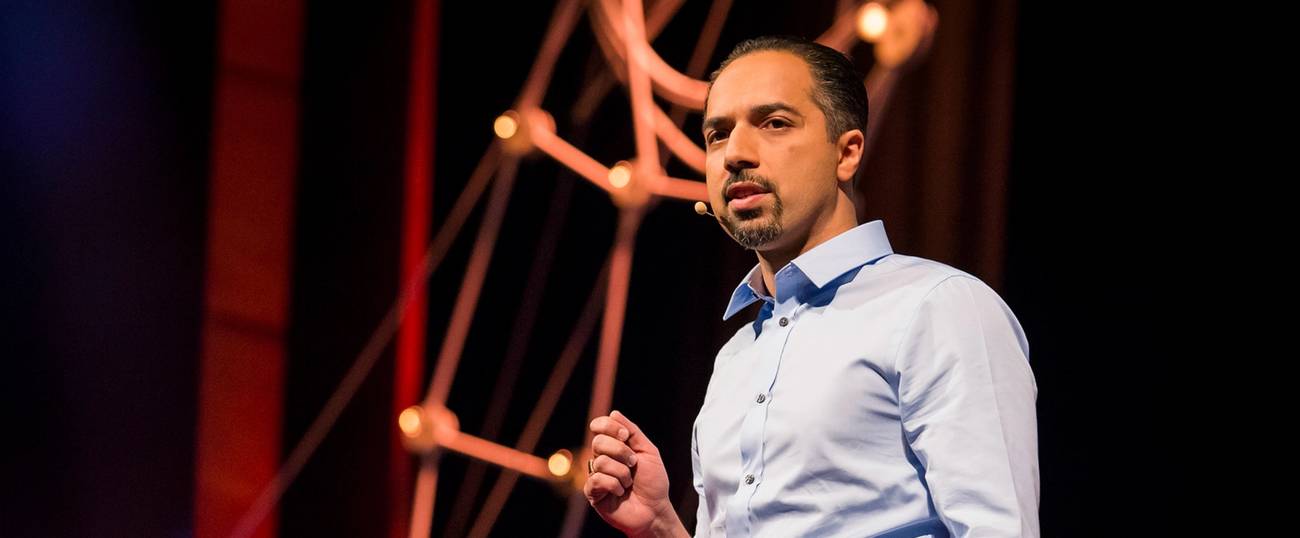Last week, Trita Parsi, the president of the National Iranian American Council (NIAC), co-wrote an article for The Huffington Post called “Trump Didn’t Start The Anti-Iranian Fire.” In it, Parsi and NIAC fellow Tyler Cullis write about a deadly February shooting at a Kansas Applebee’s, after which the suspect, a middle-aged man named Adam Purinton, told a bartender that he’d shot “two Iraninans.” For the authors, the shooting proves that the “anti-Muslim and anti-immigration rhetoric that rode Donald J. Trump to the White House has now spilled over into fear for the physical safety and security of Iranian Americans.”
Per Parsi and Cullis, journalists, think-tankers, and policy advocates who have allegedly demonized the Islamic Republic regime also bear some responsibility for the Kansas atrocity. More than a few people on Twitter noticed that the only people the authors’ called out by name—Michael Rubin, Eli Lake, Adam Kredo, Josh Block, and David Keyes—had one curious thing in common: They are all Jews.
Parsi and Cullis argue that these five, a list that includes a Bloomberg columnist, the CEO of The Israel Project, and the English-language spokesperson for Israeli Prime Minister Benjamin Netanyahu, “push war with Iran in the most hyperbolic terms, all the while defaming those – most particularly, those in the Iranian-American community – who urge a peaceful resolution to the historical tensions between the two countries.” The Kansas shooting, the authors argue, was the inevitable result of this group’s allegedly warmongering work. “A decade of messaging like this, though, has now had its payday: Adam Purinton walked into a bar and shot to kill what he believed to be Iranians.”
The authors rhetorically connect five of their perceived political opponents to a hate crime without going through the effort of proving that the shooter had drawn any inspiration from their work, or even knew that these five people existed. The causal nexus between the Kansas killing and the Washington Free Beacon is left unexplained.
But these logical leaps represent the least of NIAC’s current issues, as the organization is now facing increasingly visible opposition from the constituency it claims to represent.
On February 20, a diverse group of over 100 Iranian-Americans and Iranian exiles, including former officials of both the Shah and Islamic Republic regimes, submitted a letter to Senator Bob Corker and Congressman Ed Royce, the head of the Senate and House’s Foreign Affairs committees, calling for “a congressional hearing on the efforts of Tehran’s theocratic regime to influence U.S. policy and public diplomacy toward Iran.” The letter, which was first publicized through the a story by Kredo in the Washington Free Beacon, does not mention NIAC by name. But it requested that Congress “launch an investigation into any and all lobbying activities of Iranian-American groups, which ostensibly promote the interests of our community but whose real goal is to undermine long-term U.S. national-security interests in Iran and its neighborhood.”
The allegation that NIAC has a pro-regime ulterior motive has been a sensitive one for the group, whose stated aim is to “strengthe[n] the voice of Iranian Americans and promot[e] greater understanding between the American and Iranian people” for America’s benefit—and not to advance the interests of Iran’s theocratic government.

